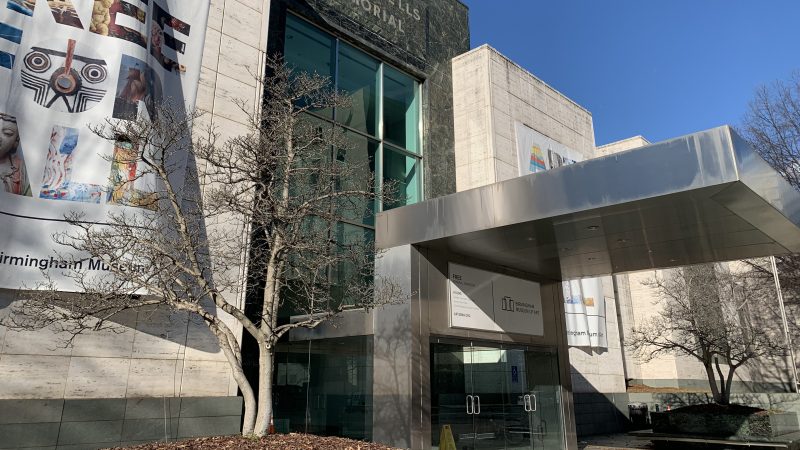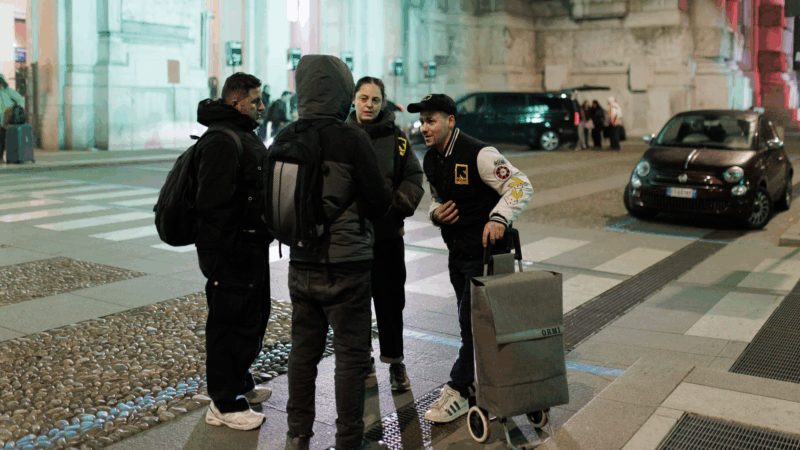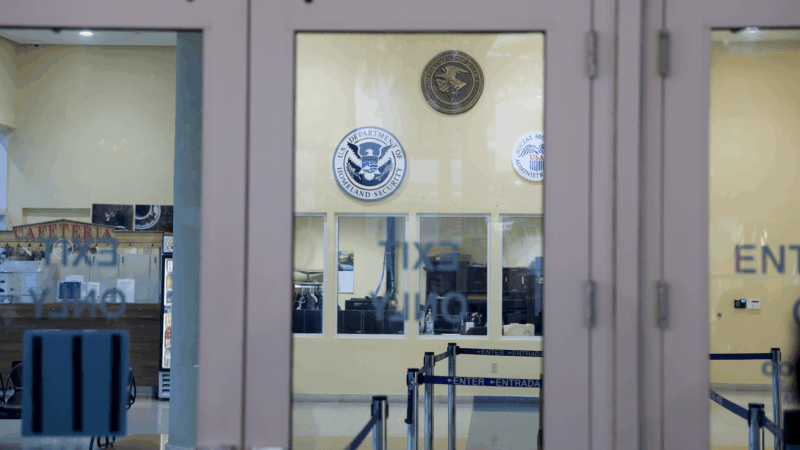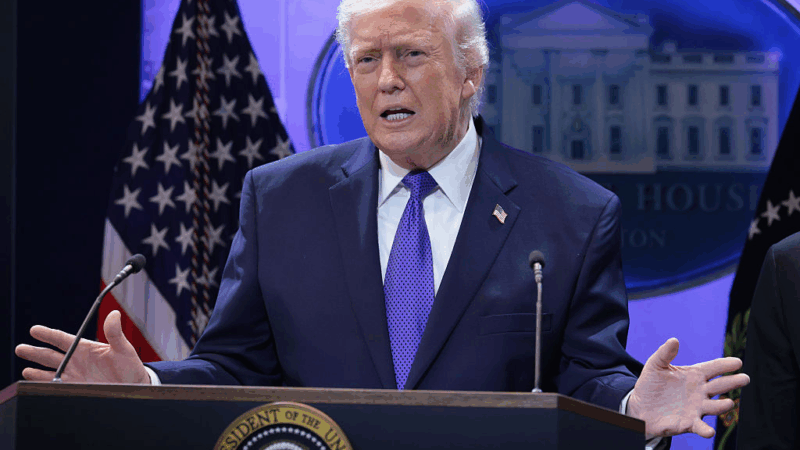Birmingham Council OKs Law To Allow Museum To Return Native American Art
The Birmingham Museum of Art will soon return several works of art to two Native American tribes that have requested them back. An ordinance passed Tuesday by the Birmingham City Council has cleared the way for the return of several items to the Tlingit and Haida tribes of Alaska.
The BMA “no longer [has] a moral, ethical or legal claim under federal law” to those works, Director Graham C. Boettcher told the council, referencing the Native American Graves Protection and Repatriation Act passed by Congress in 1990. That act requires institutions that receive federal funding to return Native American cultural items to their respective tribes.
The ordinance updates a city law originally enacted in 1983 — before NAGPRA — that “does not include specific language that permits us to return culturally sensitive works” to which the museum no longer has rightful claim.
The Tlingit and Haida tribes initially had requested the return of their items in 2017.
“We did all the due diligence working with tribal authorities as well as other experts in the field and determined them to be claims with merit,” Boettcher said.
The BMA lists several Tlingit items as part of its collection — including several spoons, baskets and bentwood boxes — almost all of which were purchased by the museum in 1956. The museum also lists three works by Haida artists, including two Freida Deising screenprints and a Reg Davidson totem pole, all of which were acquired by the museum in 1994.
Though this change in the city ordinance was precipitated by the Alaskan tribes’ claims, it also will prepare the museum for future claims, Boettcher said, “not only from Native American tribes but also looking at our global collections where something may not have entered the United States lawfully — from Asia, for example. So, we want to be able to operate ethically and in accordance with all laws.”
The ordinance passed Tuesday also updates the museum’s ability to deal with “abandoned property” — unreturnable borrowed items taking up space in museum storage.
“This is when someone has lent us something years ago, we’ve made every effort to return that work to the lawful owner, but we’ve been unsuccessful — despite extraordinary measures in some cases,” Boettcher said.
The updated ordinance will allow the museum to either add such abandoned property to its permanent collection or sell it, depending on its desirability for the museum.
In the shadow of the Olympics, migrants search for a welcome in Milan
As Italy cracks down on migration, Milan takes a different path — offering shelter and integration to asylum seekers even as the central government tightens borders and funds deterrence abroad.
Trump to raise global tariffs. And, most say the state of the union is weak, poll says
President Trump says he is raising global tariffs to 15%. And ahead of the president's address tomorrow, most Americans say the state of the union is not strong, according to an NPR poll.
U.S. has a quarter fewer immigration judges than it did a year ago. Here’s why
The continued drain of personnel from the already strained immigration court system has contributed to depleted staff morale, mounting case backlogs — and floundering due process.
Poll: Most say the state of the union is not strong and the U.S. is worse off
Ahead of the State of the Union address on Tuesday, evidence continues to mount that President Trump is facing political headwinds.
The owners want to close this Colorado coal plant. The Trump administration says no
The Trump administration has ordered several coal plants to keep operating past their planned retirement, part of a larger effort to boost the coal industry. Two Colorado utilities are pushing back.
Influencers are promoting peptides for better health. What’s the science say?
The latest wellness craze involves injecting these molecules for athletic performance, longevity and more. Scientists say the research isn't keeping pace with the health claims.







